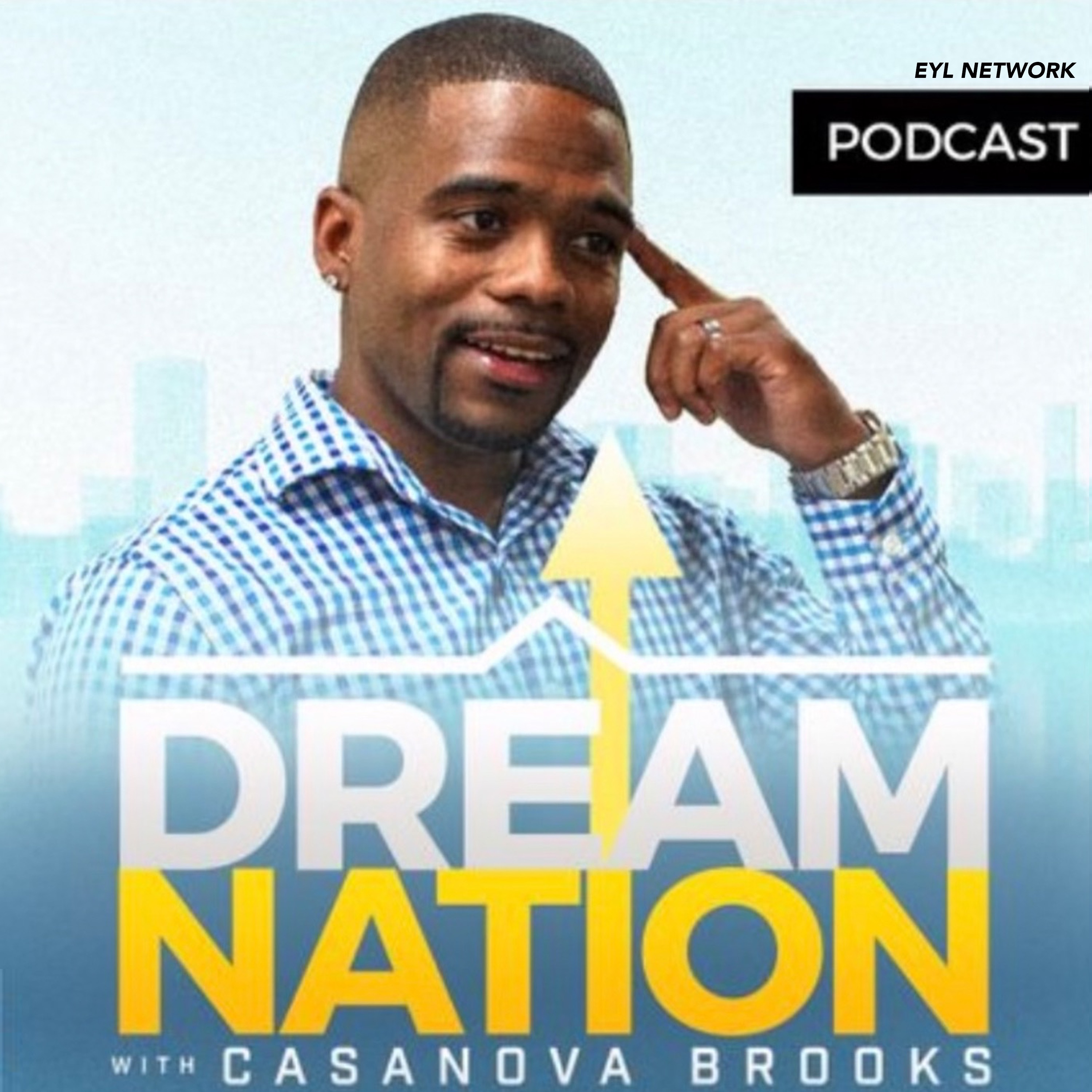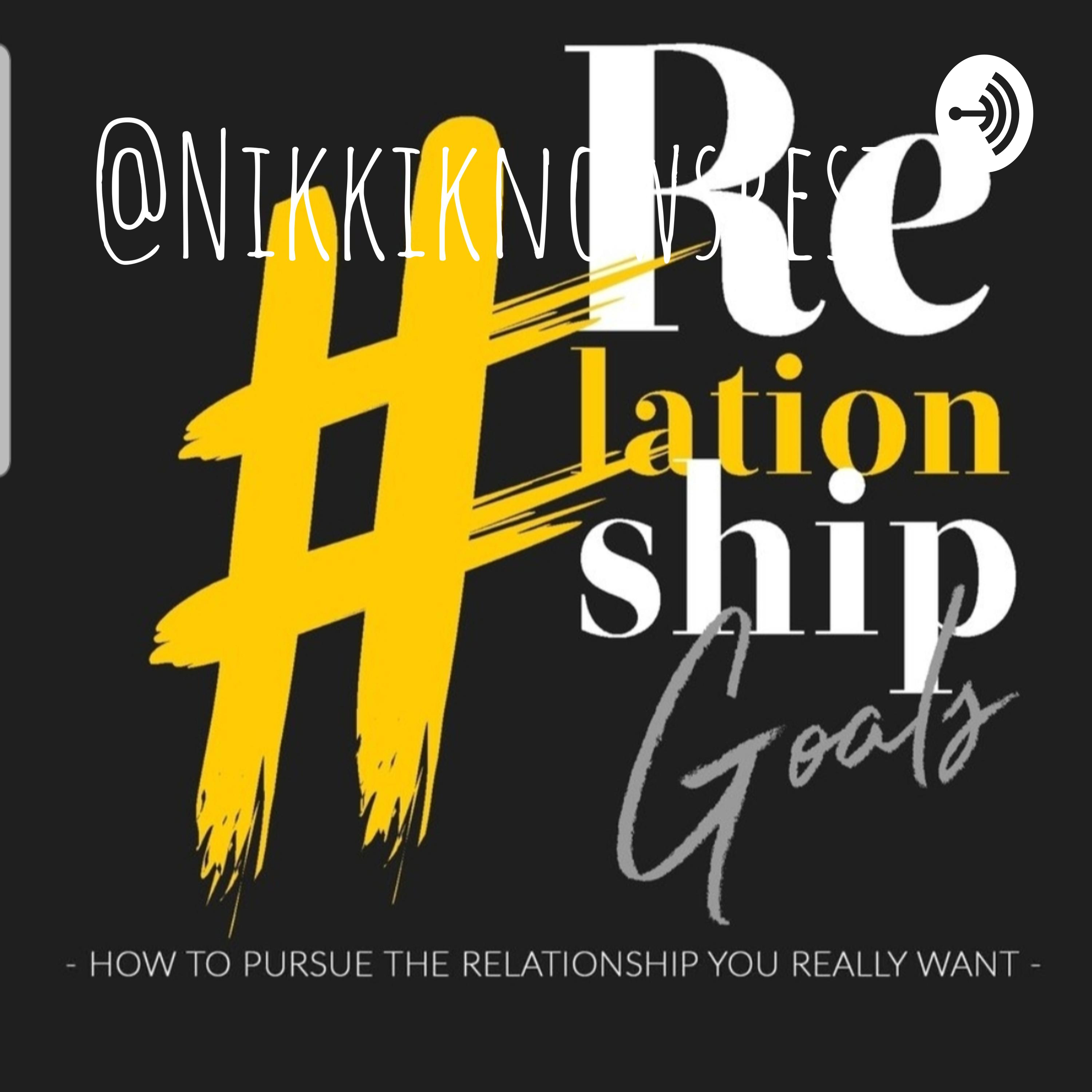 |
Resilience Development in ActionAuthor: Steve Bisson
Discover practical resilience strategies that transform lives. Join Steve Bisson, licensed mental health counselor, as he guides first responders, leaders, and trauma survivors through actionable insights for mental wellness and professional growth.Each week, dive deep into real conversations about grief processing, trauma recovery, and leadership development. Whether you're a first responder facing daily challenges, a leader navigating high-pressure situations, or someone on their healing journey, this podcast delivers the tools and strategies you need to build lasting resilience.With over 20 years of mental health counseling experience, Steve brings authentic, professional expertise to every episode, making complex mental health concepts accessible and applicable to real-world situations. Featured topics include: Practical resilience building strategies First responder mental wellness Trauma recovery and healing Leadership development Grief processing Professional growth Mental health insights Help you on your healing journey Each week, join our community towards better mental health and turn your challenges into opportunities for growth with Resilience Development in Action. Language: en-us Genres: Education, Health & Fitness, Mental Health, Self-Improvement Contact email: Get it Feed URL: Get it iTunes ID: Get it |
Listen Now...
E.231 The Unseen Burden Of 911: Stigma, Stress, And Support
Episode 231
Wednesday, 19 November, 2025
Send us a textThe first voice on a 911 call carries a lot more than a headset. In this candid, unfiltered conversation with veteran dispatcher and recovery coach Lisa Trusas, we pull back the curtain on what really happens at the console: juggling multiple emergencies at once, coaching panicked parents through CPR, catching danger in a whisper, and making judgment calls with lives on the line. Lisa’s story reframes dispatch as the heart of public safety—where police, fire, and EMS meet—and where the weight of uncertainty often lingers after the line goes dead.We dig into the human cost of the work and the culture that shapes it. Lisa lays out the “double stigma” dispatchers face—expected to be as tough as sworn personnel while being dismissed as civilians when they seek help. We compare how fire and police approach debriefs and mental health, why dispatchers are too often left out of critical incident reviews, and how Massachusetts’ mandatory behavioral health training is a step forward. Along the way, we discuss the “300-call syndrome,” the risk of missing red flags after too many routine hang-ups, and the practical skills that matter most: active listening, reading background noise, trusting instincts, and knowing when to insist on a second unit.This conversation also honors the rare moments of closure that keep people going—the infant saved over the phone who grows up and stays in touch—and the quieter calls that reveal unmet needs, like elders who call because they’re lonely. If you care about first responder mental health, emergency communications, crisis intervention, and trauma-informed practice, this is a grounded, real-world look at where help truly begins: the first call. Subscribe, share with a colleague, and leave a review to support more honest conversations about the people who hold the line before anyone arrives.Freed.ai: We’ll Do Your SOAP Notes!Freed AI converts conversations into SOAP note.Use code Steve50 for $50 off the 1st month!Disclaimer: This post contains affiliate links. If you make a purchase, I may receive a commission at no extra cost to you.Support the showYouTube Channel For The Podcast












